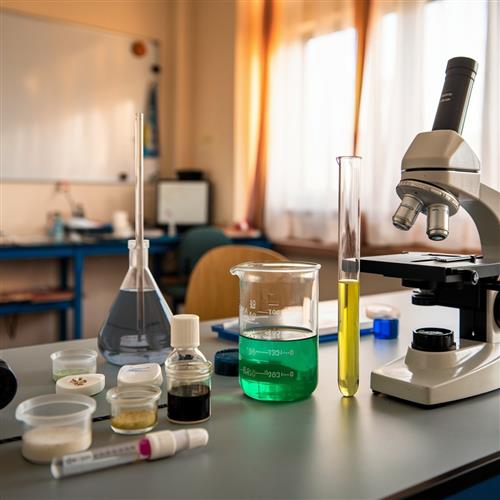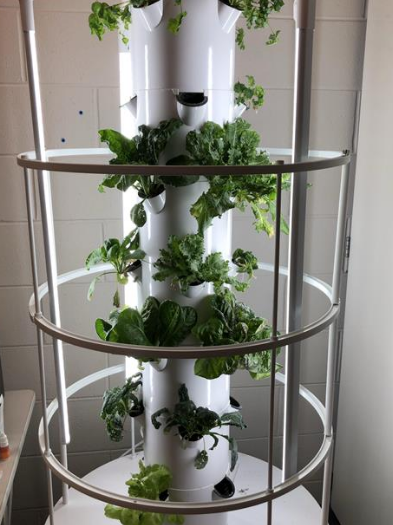Curriculum
Page Navigation
- Curriculum Department
- Curriculum Guides
- Academically Talented
- Assessment
- English as a Second Language
- Every Student Succeeds Act (ESSA)
- Language Arts
- Mathematics
- Professional Learning/Instruction
- Related Arts
- Response to Intervention (RTI)
- Science
- Social Studies
- Standards Based Report Cards: K-5 Parent Guides
- Summer Assignment Packets
-

Science
The Manalapan Englishtown Regional Schools K-8 science instruction philosophy aligns with the New Jersey Student Learning Standards, and therefore, the Next Generation Science Standards (NGSS). This philosophy emphasizes several key elements:
Phenomenon-Based Learning
Science instruction is anchored in natural phenomena to help students understand the world around them. This approach engages students' curiosity and encourages them to investigate real-world examples.
Critical Thinking and Evidence-Based Reasoning
Students are taught to think critically, evaluate claims, gather evidence, and provide reasoning to support their conclusions. This develops important scientific thinking skills.
Collaborative and Authentic Experiences
The curriculum emphasizes collaborative, hands-on activities that provide authentic science experiences and allows students to actively engage in scientific practices.
Three-Dimensional Learning
Instruction integrates three key dimensions:
1. Science and Engineering Practices: Skills like asking questions, developing models, and analyzing data.
2. Crosscutting Concepts: Ideas that span across science disciplines, such as patterns and cause-effect relationships.
3. Disciplinary Core Ideas: Fundamental concepts in physical, life, earth and space sciences.
STEM Integration
The curriculum incorporates STEM education, connecting science with technology, engineering and mathematics.
Assessment and Improvement
Teachers are encouraged to use assessment data to continually improve instruction across all science domains.
Key Practices
This philosophy emphasizes three overarching practices which are directly assessed on the NJSLA - Science.
1. Sensemaking: Students construct explanations of phenomena.
2. Critiquing: Evaluating scientific arguments and claims.
3. Investigating: Engaging in scientific inquiry and engineering design.
This approach aims to develop scientifically literate students who can apply their knowledge to solve real-world problems and make informed decisions. The curriculum is designed to be inclusive, engaging all learners in meaningful scientific inquiry and discovery.

-
Kerry Marsala, Supervisor of Science & Social Studies K-5
kmarsala@mersnj.usKati Radman,
Secretary Curriculum Office
katiradman@mersnj.us54 Main Street Street
Englishtown, NJ 07726
732-786-2500

